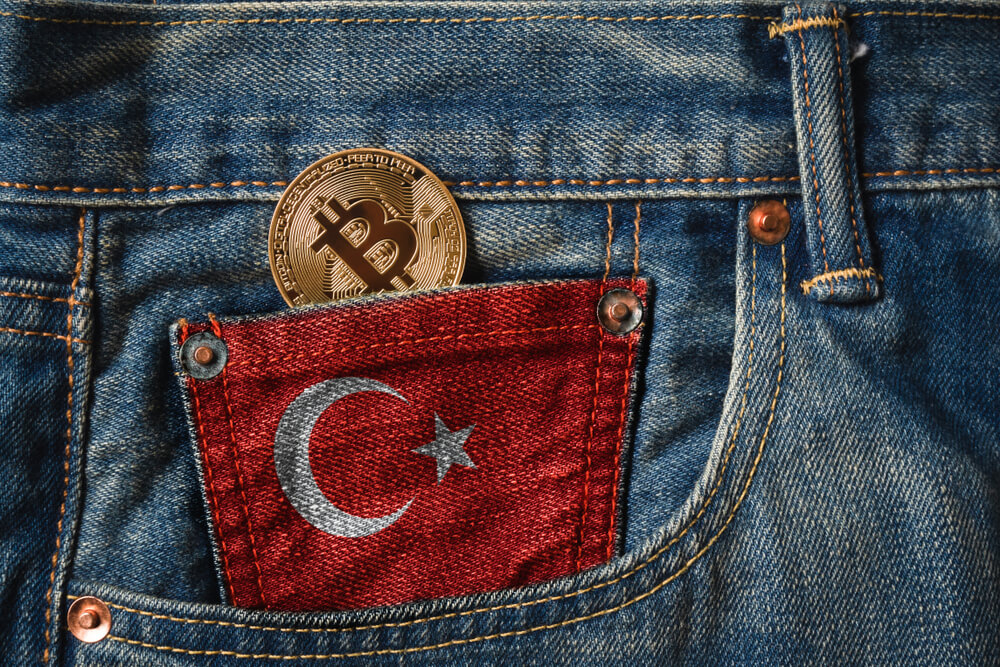Research: Turkey Sees Best Likelihood of Mass Cryptocurrency Adoption

Based on a survey conducted by Statistca on 15,000 individuals, Turkey has the highest percentage of population that has invested in the crypto market.
According to the data released by Statistica shown below, 18 percent of the country’s investors have purchased cryptocurrencies like Bitcoin and Ethereum in the past few years.

Motive of Residents in Turkey to Invest in Crypto
Earlier this month, the US government imposed additional sanctions on the Turkish economy, excluding the region from the global banking system operated by SWIFT in Belgium. Consequently, the lira, the national currency of Turkey, fell by more than 50 percent against the US dollar.
On August 12, Bloomberg reported that Turkish merchants were losing out massively with their holdings in lira due to the country’s conflict with the US, which worsened after the government rejected to free pastor Andrew Brunson, who was moved to house arrest last month due to health issues.
Due to existing capital controls and the governments encouragement to prevent converting the Turkish lira to other reserve currencies like the US dollar, merchants and local businesses have been unable to cash out their holdings in lira.
“I have respect for our president, but I can’t sell my gold and foreign currency just because he made that call. I’ve cut down on food for those savings,” Sevin Temur, a 58-year-old retiree, told Bloomberg .
48-year-old jeweler Cahit Bas also said in an interview that he has lost out on 1 million liras as a result of the intensified conflict between Turkey and the US, worth around $350,000.
A currency, whether it is a national currency or consensus currency, is as much valuable as its ability to operate as a medium of exchange. If the liquidity of the currency is low and its users are disallowed by a central party from being able to exchange it for other assets, then the value of the currency could be called into question.
The practice of control and dominance over the Turkish lira by the government by eliminating financial freedom from its resident has primarily fueled the increase in demand for cryptocurrencies by local merchants, individuals, and businesses.
Will This Trend Continue?
Last week, CCN.com reported that Germany, one of the largest economies in Europe, has declared its intent to create a financial system that is independent from the US in light of the issues between Iran and the US.
For many years, the US government has leveraged the SWIFT banking system to exclude countries like Iran and Turkey from the global financial system.
In response, Heiko Maas, German foreign minister serving in the fourth cabinet of Angela Merkel since March of this year, said:
“For that reason it’s essential that we strengthen European autonomy by establishing payment channels that are independent of the US, creating a European Monetary Fund and building up an independent Swift system.”
As a growing number of countries call for the establishment of independent financial systems, the merit of crypto as an anti-censorship and decentralized financial network will appeal to a larger group of consumers.
Featured Image from Shutterstock